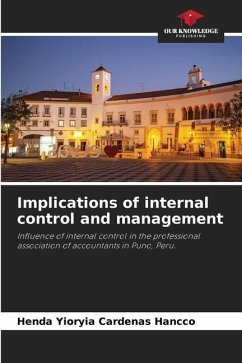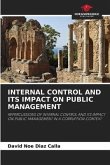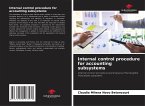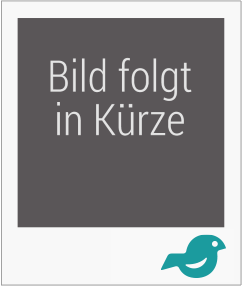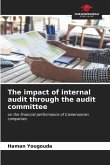The objective of the work is to know the level of effect of internal control in the management of internal rules of a professional association. For this purpose, no variable was manipulated in this study, so it is a non-experimental model; it also had a quantitative approach when the data were collected based on statistical data. In this sense, the type of study was descriptive - correlational and methods were used; deductive, analytical and descriptive. In the development of this study, the objective was not only to know the effect of internal control on the management of internal standards, but also to know the reasons why the notification of internal standards generates violations. Considering that internal control becomes an efficient and effective tool to identify, face and prevent risks, the level of management improvement is also defined by the proposed implementation of the COSO internal control system at the College.
Bitte wählen Sie Ihr Anliegen aus.
Rechnungen
Retourenschein anfordern
Bestellstatus
Storno

